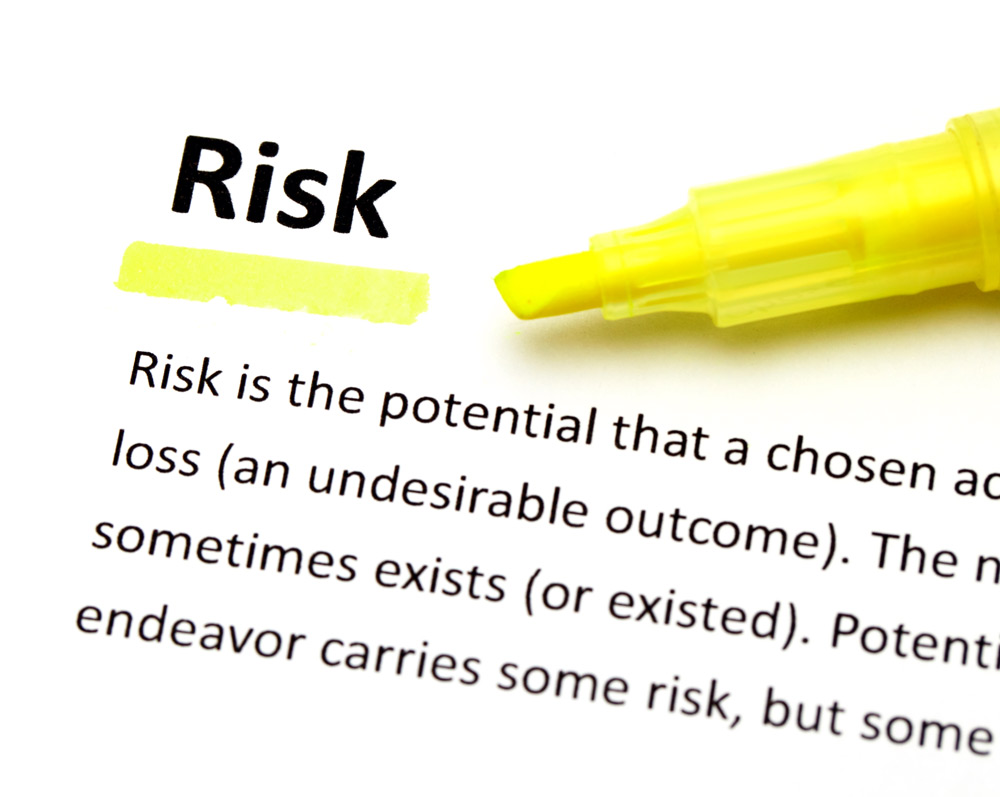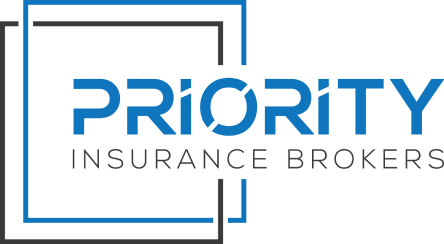Running a business can be challenging, especially when the unexpected occurs. It’s essential to safeguard your business assets, including equipment, that can significantly impact your operations. That’s why having equipment insurance is crucial for business owners. In this blog, we’ll explore why business equipment insurance is a necessity, types of coverage, factors affecting premiums, claim processes, and how to select the right insurance provider. We’ll also delve into inclusion and exclusions when it’s necessary to renegotiate your policy and how advisors can assist. By the end of the blog, you’ll understand how to secure your business assets with expert advice on equipment insurance.
Understanding Business Equipment Insurance
Business equipment insurance covers the costs of repair or replacement of business equipment and machinery if they are damaged or lost due to covered events such as fires, theft, natural disasters, or accidents. This insurance is typically purchased by businesses that use expensive or specialty equipment, such as manufacturing companies, construction companies, medical offices, or tech startups.
What Does Business Equipment Insurance Cover?
Business equipment insurance policies vary in scope, but typically, they cover the following:
- Cost of repair or replacement of equipment
- Cost of rent for temporary equipment while damaged equipment is being repaired or replaced
- Business interruption losses (e.g. lost profits) resulting from damaged equipment
- Transportation and installation costs for new equipment
- Occasional maintenance costs, depending on policy terms
What are the Common Terms and Conditions of Business Equipment Insurance?
When shopping for business equipment insurance, you must familiarise yourself with some of the common terms and conditions you might encounter. These include:
- Coverage limits: The policy will cover the maximum for repair or replacement costs.
- Deductible: The amount you are responsible for paying before the insurance kicks in.
- Covered perils: The specific events that the policy will cover, such as fires, theft, windstorms, or vandalism.
- Exclusions: The events or damages not covered by the policy, such as damages caused by employee negligence or intentional damage.
- Premium: The amount you pay to maintain the insurance policy.
Why Business Equipment Insurance is a Necessity

Unexpected losses can happen to any business, regardless of size or industry. By securing your business equipment with insurance, you can protect against natural disasters, accidents, theft, and other unforeseen events. Equipment insurance covers everything from office furniture to machinery and tools. Without it, your business could suffer a significant financial setback, leading to bankruptcy.
Moreover, equipment insurance is essential for ensuring business continuity. Your business relies on the smooth operation of essential machinery and equipment to thrive. If a critical piece of equipment fails, it could disrupt operations and prevent you from fulfilling customer orders. Equipment insurance can help you cover the cost of replacing damaged or lost items, which will mean less downtime and higher productivity.
Another advantage of equipment insurance is that it can cover losses that general property or liability policies might not. For example, insurance providers typically exclude coverage for certain damages, such as mechanical or electrical breakdowns. With an equipment insurance policy, you can ensure that you’re adequately covered in any eventuality.
When renegotiating your insurance policy, assessing your business needs is essential. Take stock of your equipment and determine how much it would cost to replace them. Depending on the type and value of the equipment, you may need additional types of coverage or higher limits. An experienced insurance broker can help you understand your options and tailor a policy that fits your needs.
The Cost Factor: Estimating Your Business Equipment Insurance Premium
Factor 1: Business Industry – Depending on the industry your business operates in, the type of equipment you require and the level of risk it faces can vary. For instance, an equipment insurer will view the risks associated with heavy machinery used in the construction industry differently from the equipment used in a retail store. Insurance premiums vary greatly from industry to industry and by equipment type.
Factor 2: Replacement Cost – The replacement cost of equipment is another factor that can impact the cost of your equipment insurance premium. To get a good idea of your equipment’s value, work closely with a licensed appraiser who can help you estimate the true replacement cost. In general, the higher the replacement cost of the insured equipment, the higher the insurance policy cost.
Factor 3: Age of Equipment – After purchasing new equipment, you may experience a lower premium cost for the first couple of years; however, as your equipment ages, the likelihood of it needing maintenance or requiring repair increases, which can lead to an increase in premium cost.
Factor 4: Security Measures – Implementing security measures like security cameras, access controls, perimeter fencing, and security alarms are also factors that can positively affect your equipment insurance premium. This is because the security measures taken will reduce the risk of theft or damage, therefore minimising the likelihood of claims made against your policy.
Tips for getting an affordable premium
- Careful Selection – Ensure you understand the features and coverage provided by each equipment insurance policy to ensure that you receive appropriate coverage that suits your business needs. Examining different coverage levels and comparing them with their premiums is the key to finding the best policy with affordable premium rates.
- Higher Deductibles – Choosing to have a higher deductible is one of the ways to reduce your insurance premium as it reduces the insurance company’s risk and also because business owners would be handling a larger portion of the risk. Ensure you have enough funds to pay your deductible for an accident or damage.
- Multiple Quotes – Seeking quotes from different insurers can also help you find the best deal for your equipment insurance. Shopping around and comparing quotes will help you better understand the investment required for securing your business assets.
Guide to filing a claim
- Notify your insurer: As soon as you become aware of the damage or loss of your equipment, you should notify your insurer. You can do this by calling the insurer’s claims department or emailing. Ensure you have your policy number and any evidence of the damage, such as photos or videos.
- Review your policy: Before filing a claim, reviewing your insurance policy is essential. You should understand what coverage you have and what deductibles you need to pay. Your insurer can provide details of your policy and any applicable conditions.
- Complete claim forms: Your insurer will provide you with the forms you need to complete. These forms will ask you for details about the damage or loss, such as the cause, date, and estimated cost of repairs or replacements. You may also have to provide information about your equipment, such as its age and value.
- Provide documentation: You must provide supporting documentation along with your claim forms. This may include receipts, estimates, and repair invoices. You should keep copies of all documentation, which may be required later in the claim process.
- Wait for assessment: Once your insurer receives your claim forms and documentation, they will assess the claim. This involves inspecting the damage, evaluating your provided documents, and determining the claim amount. Your insurer will inform you of their decision and how much they will cover.
Selecting the Right Insurance Provider
Coverage Options – When choosing an insurance provider, it’s important to ensure they offer different coverage options that suit your business needs. Look for a provider that offers coverage for various equipment types. A provider that only offers coverage for certain types of equipment may not meet the insurance needs of your business.
Financial Stability – The last thing you want when filing a claim with your insurance provider is to find out that they are financially unstable and cannot cover your losses. Before selecting an insurance provider, take time to research their financial stability. Look at their credit ratings, financial performance, and overall reputation.
Customer Experience – Look for an insurance provider that offers excellent customer service. Filing a claim can be stressful and frustrating, and having good customer service can make all the difference. Read reviews online and ask other business owners for referrals when selecting an insurance provider.
Cost – Cost is a major factor when selecting an insurance provider. Look for a provider that offers a competitive price without compromising on coverage. Be sure to shop around and compare quotes from different providers to ensure that you’re getting the best deal.
Insurance Provider Reputation – Finally, consider the overall reputation of the insurance provider. Do they have a track record of quickly addressing claims and compensating their customers? Check online reviews and ratings from reputable sources to learn more about a potential provider’s performance.
Risk Management: Minimising Losses Through Precautionary Measures

Implementing safety measures
The first measure towards minimising equipment insurance losses is creating and implementing a safety plan. For example, if you run a construction company, you may need to train your employees to use the equipment safely. Also, you should inventory all equipment and tools to ensure they are in a good state. Additionally, use labels and signs to indicate hazardous areas of your operation to prevent employee accidents. A comprehensive safety plan will enable you to minimise the possibilities of loss and damage.
Regulating Equipment Usage
The most significant risk management technique is regular maintenance of equipment and machinery. Regular maintenance is the key factor that prolongs the lifespan of equipment. Regularly servicing your equipment reduces the possibility of machine malfunction or breakdown, which could result in accidents and losses. A well-maintained equipment fleet also gives insurers confidence in your business’s risk profile, which could lead to lower insurance premiums. Always get advice from your insurer on the maintenance schedule that suits their risk assessment framework.
Ensure your Equipment Correctly
When securing equipment insurance, ensure it covers all the equipment you use. For example, you may need extra insurance for specialised equipment, such as computer systems or customised machinery. Always ensure to update your insurance documents when buying or hiring equipment. Your insurance broker can guide you through the types of insurance policies available, their costs, and coverage limits. Additionally, It’s essential to understand your policy’s exclusions and inclusions so you don’t end up uninsured in the event of loss or damage.
Regular Policy Updates
Review your insurance policy frequently to ensure it stays relevant to your business operations. Your business’s size, location, and industry changes can significantly affect your asset management risk profile. A shift in any of these areas could directly influence your insurance policy’s premium rates and coverage limits. Your insurers should factor in any relevant risk mitigation measures or investments you have made, such as implementing the safety measures discussed earlier.
Expert Advice: Tips from Insurance Advisors
Consulting with Professionals for Better Policy Selection
When it comes to selecting the right equipment insurance policy, it’s wise to consult with professionals who have experience in the industry. Insurance advisors can provide valuable insights into what policies best suit your business and can help you identify any coverage gaps. They can also offer guidance on what types of coverage you require so you don’t have to spend more than you need to. With their help, you can secure your business assets with the right equipment insurance policy.
How Insurance Advisors Can Save You Money
One of the benefits of working with corporate insurance advisors is that they can help you save money on your policy. They deeply understand the insurance industry, including coverage options and costs. They can negotiate with insurance companies on your behalf to get the best possible deal. Their expertise can help you lower your premiums while maintaining the coverage you need to protect your business assets.
Reviewing Your Policy Regularly
Reviewing your equipment insurance policy regularly is crucial, especially if your business has grown or changed. An insurance advisor can help you identify any coverage gaps or potential savings. They can also advise you when it’s time to adjust your policy to ensure adequate protection. By regularly reviewing your policy with the help of an insurance advisor, you can feel confident that your business assets are always protected.
Understanding Your Policy Coverage
It’s essential to understand what your equipment insurance policy covers, including any exclusions or limitations. An insurance advisor can help you understand the terms of your insurance policy in simple language. That way, you can make more informed decisions about your coverage. They can also advise you on what additional coverage you may need to protect your business assets fully.
The Importance of Choosing the Right Insurance Advisor
Choosing the right insurance advisor can make a significant difference in securing your business assets. Make sure to look for advisors with experience working with businesses like yours. A good advisor will take the time to understand your business needs and develop a customised plan that provides comprehensive coverage while still saving you money on your policy.
Conclusion
In conclusion, securing your business assets with expert advice on equipment insurance requires understanding the policy’s scope, estimating premiums, and knowing the claim process. You must also select the right insurance providers and take preventive measures to minimise losses. Regularly reviewing your policy and considering renegotiation with an advisor helps ensure that your equipment insurance meets your business needs.
Frequently Asked Questions
What is builders insurance?
Builders insurance is a type of business insurance that offers protection for construction projects, contractors and other types of businesses involved in the construction industry. It typically covers liability, property damage, and any loss or damage to building materials during construction. It also covers legal expenses if the contractor faces a lawsuit related to the project.
What is builders professional indemnity insurance?
Building indemnity insurance is a liability coverage that protects builders from claims made against them for any losses due to errors or omissions in the construction process. It can protect contractors, sub-contractors, architects and other professionals involved in the construction process. This type of insurance offers peace of mind that your business will be protected if any issues arise from the building project.
What to do if your insurance claim is denied?
If your insurance claim is denied, it’s important to contact your insurance provider to understand why the claim was rejected. In most cases, there will be an explanation for the denial, and you may be able to appeal the decision if necessary. If you are still trying to get the outcome, you can always seek a lawyer or other legal services specialising in insurance disputes. It’s important to understand the reasons for the denial before making any decisions.
What is the difference between public liability and professional indemnity insurance?
Public liability insurance provides coverage if a business is held liable for injury or damage caused by its products or services. On the other hand, professional indemnity insurance offers protection to businesses that provide professional services such as advice, consultation and design work. This type of insurance covers any claims of negligence or incompetence against a professional service provider, which could otherwise be very costly to defend. Both public liability and professional indemnity insurance are important types of business insurance, depending on the nature of a company’s operations.







